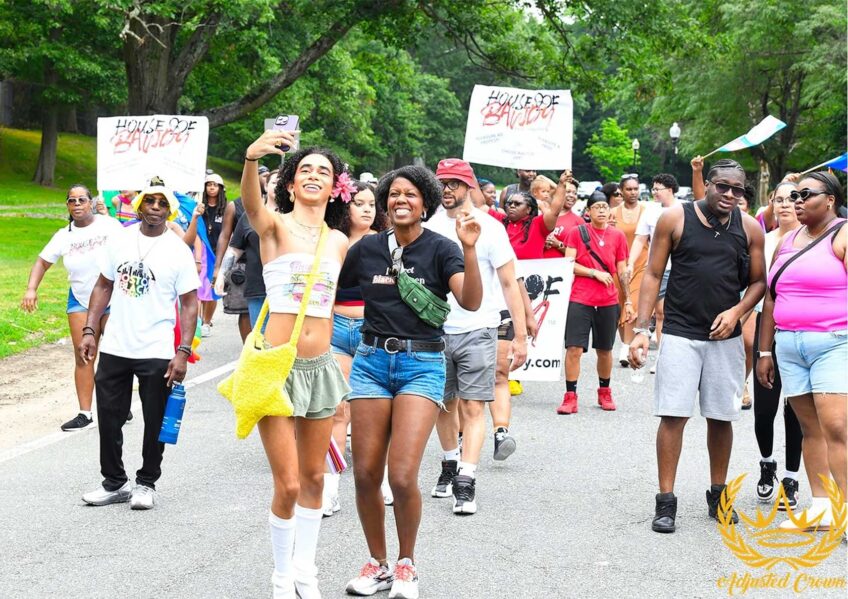Danza Orgánica’s “Melaza” explores the colonial relationship between US and Puerto Rico

On Saturday, July 6, Danza Orgánica, a dance company with a focus on social justice, presented the latest iteration of an ongoing performance, “Melaza II: Tejiendo Historias/Weaving Stories.” The dance theater piece, which has been developed over the past two years, explores the colonial relationship between Puerto Rico and the United States.
“Melaza” was initially developed with the support of a Creative Development Residency at Jacob’s Pillow in the Berkshires. The first iteration premiered at Hibernian Hall in October 2017.
The most recent rendition, supported by The Boston Foundation, incorporates commentary on Hurricane Maria. Marsha Parrilla, artistic director of the company and director of the project, recruited five artists from Puerto Rico to help tell the story. The Danza Orgánica company is deeply rooted in the immigrant experience. According to Parrilla, about half of the dancers were born in Puerto Rico, and the others are from Mexico, Dominican Republic, Spain and Texas. Each dancer brings his or her own experience with colonization and cultural repression to the work.
“I am Puerto Rican, born and raised,” says Parrilla. “It’s been really interesting to see how the artists’ perspectives have shifted in the two years since Hurricane Maria.”
Hurricane Maria occurred in 2017 and has largely fallen out of American conversations despite the considerable impact it continues to have on the island. Parrilla says awareness of these experiences is more relevant than ever. “Puerto Rican people have pushed through on their own. And there are many stories that people don’t really know about,” she says. “The day that we celebrated the independence of this country I was very troubled, because my people can never celebrate that.”
The “Melaza” performance consists of 11 interwoven vignettes, each choreographed by a different artist and focusing on a different theme relevant to the Puerto Rican experience. Bits of history, such as the takeover of the island by Spain, are knit into the choreography alongside ongoing issues such as immigration to the U.S., race and gender barriers to success, and domestic violence. The effect is a seamless, stunning emotional portrait of the pain, politics and power woven into the Puerto Rican cultural consciousness.
Parrilla plans to debut the world premiere of the completed piece in both Boston and Puerto Rico in the spring of 2020. “I think it’s important for people to know the impact our government has on others,” she says. “I’m interested in people questioning the status quo. I want to ignite curiosity in the times we’re living in.”








